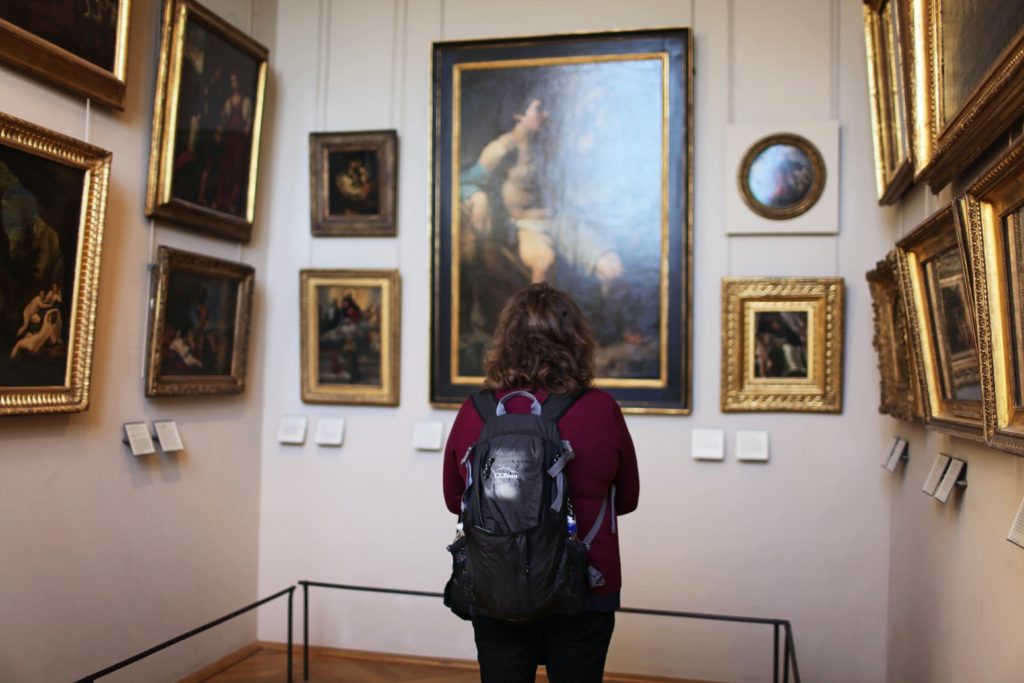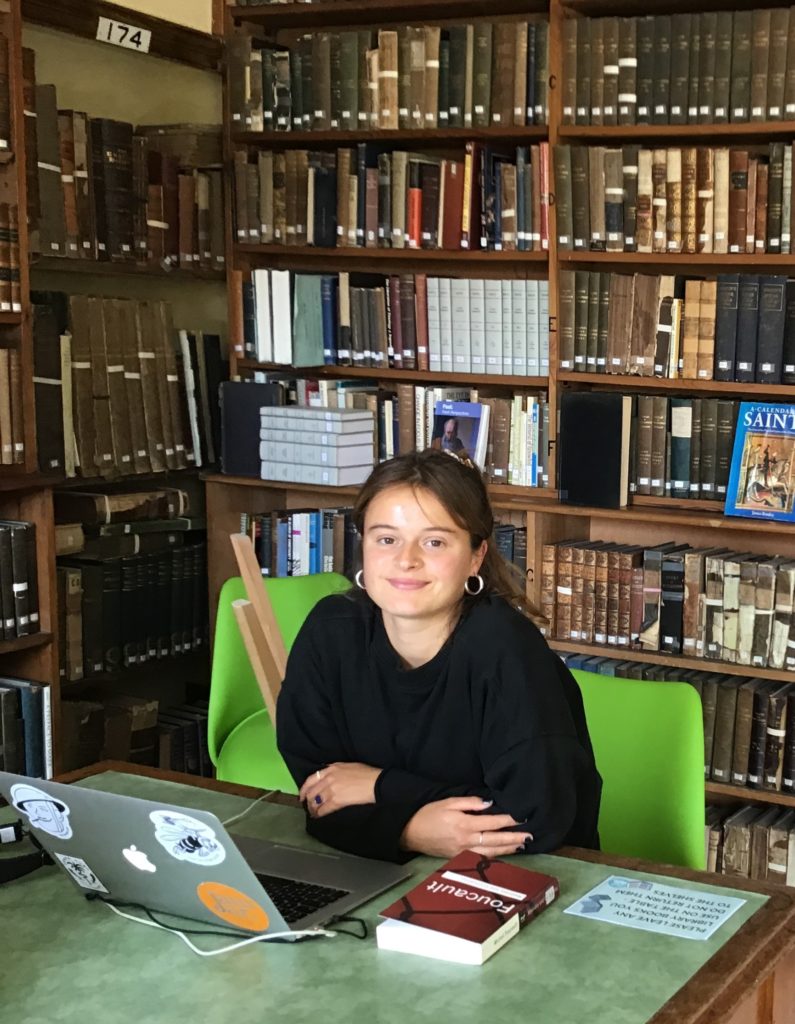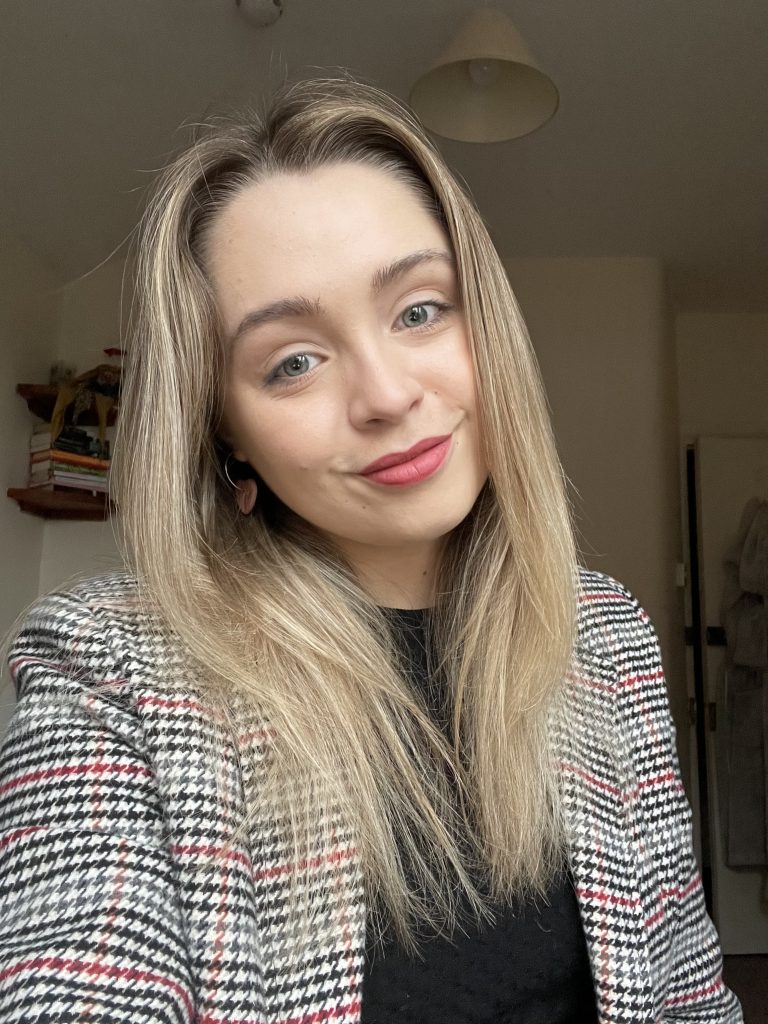Name of Organisation: Royal Albert Memorial Museum
Description of Organisation: RAMM will enhance people’s quality of life. It’s a place of discovery which encourages everyone to be curious. RAMM uses its local and global collections to connect people to the world and inspires them to shape a better future.
Name of Employer: Nicki McCaskie
Job Title: Marketing and Communications Officer
Internship Scheme used: Graduate Business Partnership (GBP) ,
Feedback:
“Our intern ran a campaign for us, Treasures of the Museum, which was highly successful at getting families into RAMM and engaging with our collections through a museum trail. Treasures of the Museum was part of a wider summer campaign which resulted in RAMM achieving over 140% of predicted visits for the summer period. Our social media audiences & engagement stats have also increased over all platforms during our interns time with us, including over 1000 more Twitter followers. Our Instagram channel has greatly improved with high quality posts and regular Instagram stories.
Thanks to an award application written by our incredible intern, RAMM is a finalist in this year’s Devon Tourism Awards for the Ethical, Responsible and Sustainable Tourism Award category. Internally, our Audience Development meetings are now more organised and better-recorded thanks to our intern’s planning skills and note-taking.
Our intern has been excellent; she settled into our team straight away, and has become a valued member over the past 15 months. She responded well to challenges presented by the pandemic, working flexibly and solving problems as they arose. We were extremely impressed by her creativity, her communication skills, her dedication to the role and her passion for the museum.”










